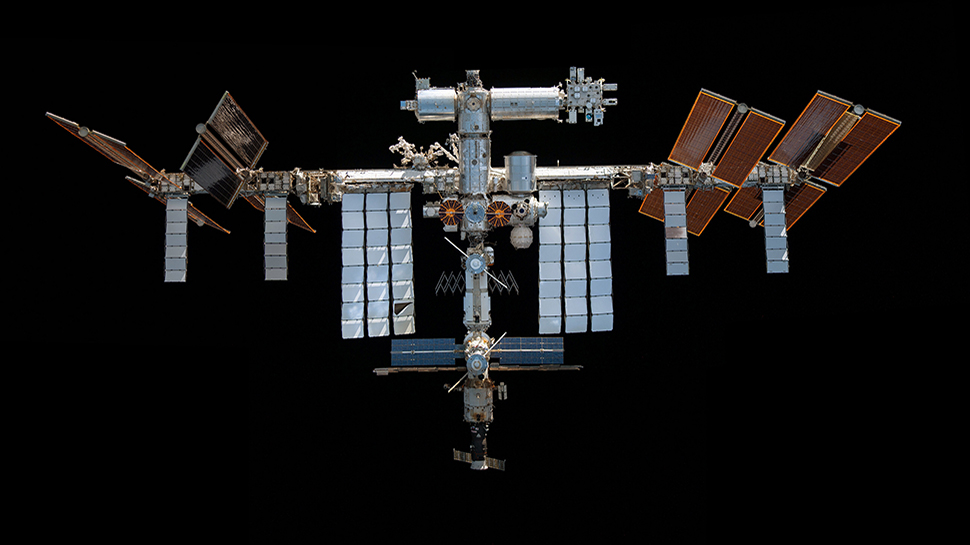Is the moon too far for your data? IBM's Red Hat is teaming up with Axiom Space to send a data center into space
The prototype will run a number of off-world tests on the ISS

- Red Hat and Axiom Space plan to send an Orbital Data Center to the ISS
- AxDCU-1 will run AI, cybersecurity, and cloud computing tests in space
- The aim is to deliver secure, low latency processing off-world
It seems as if space really is the next frontier for data centers. We recently reported Lonestar was preparing to send the first physical data center (actually a RISC-V processor with a Phison SSD running Ubuntu) to the Moon, following the company's earlier success in testing the world’s first software-defined data center on the International Space Station (ISS).
Now, IBM’s Red Hat has announced a tie-up with Axiom Space to send a data center to the ISS in spring 2025. The Data Center Unit-1 (AxDCU-1) prototype will be powered by Red Hat Device Edge, an enterprise-grade version of MicroShift (a lightweight Kubernetes distribution derived from Red Hat OpenShift), along with Red Hat Enterprise Linux and the Red Hat Ansible Automation Platform.
AxDCU-1 will test applications in cloud computing, AI/ML, data fusion, and space cybersecurity on the space station while also demonstrating initial Orbital Data Center (ODC) capabilities.
In-space data processing
“Off-planet data processing is the next frontier, and edge computing is a crucial component,” said Tony James, chief architect, Science and Space, Red Hat. “With Red Hat Device Edge and in collaboration with Axiom Space, Earth-based mission partners will have the capabilities necessary to make real-time decisions in space with greater reliability and consistency.”
AxDCU-1 is part of Axiom Space’s ongoing work to develop space infrastructure and will allow data to be processed closer to off-world sources, including spacecraft and satellites. The aim is to support more secure and faster decision-making in space.
“We are excited about the possibilities this collaboration with Red Hat enables for ODC infrastructure and the future of space operations. Infusing terrestrial-grade cloud solutions into ODCs will enable users to seamlessly transition and enhance their terrestrial workloads to orbit while leveraging the lower latency and increased security inherent with ODCs," said Jason Aspiotis, global director of in-space data and security at Axiom Space.
Axiom Space says use cases for ODCs include in-space data processing for satellites, AI/ML training, cybersecurity, autonomy, space weather analytics, and off-planet backup for Earth's critical infrastructure.
Sign up to the TechRadar Pro newsletter to get all the top news, opinion, features and guidance your business needs to succeed!
You might also like

Wayne Williams is a freelancer writing news for TechRadar Pro. He has been writing about computers, technology, and the web for 30 years. In that time he wrote for most of the UK’s PC magazines, and launched, edited and published a number of them too.
You must confirm your public display name before commenting
Please logout and then login again, you will then be prompted to enter your display name.